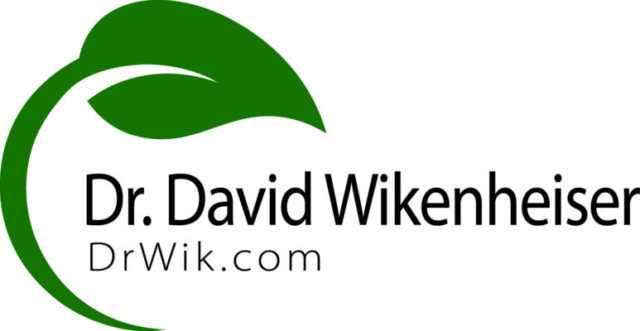Oxygen is deficient in its chemical structure by two electrons in its atomic outer shell. This deficiency allows it to combine with other atoms. Oxygen will also take electrons from electron-rich chemicals. An example of this taking of electrons is the browning of food. Take an apple, cut it open, and leave it on your kitchen counter. In less than 10 minutes, it will start to turn brown. That colour change is due to the oxygen in the air taking electrons from the apple.
Oxygen is an important part of our immune systems. If you have ever watched your white blood cells under a microscope you would notice that in the neutrophils there are squarish granules. The presence of these granules is why neutrophils are also known as granulocytes.
As the neutrophil moves on a microscope slide, in a fresh blood sample, it will digest and eat infections. This eating process is the action of the granules releasing peroxides. Peroxides are oxygen based compounds that bleach and digest infections in your blood.
Oxygen is like gasoline. In your gas powered car it allows you to travel to your appointments. Spill gasoline on the sidewalk, light it on fire, and you will have dramatic destruction. Oxygen is the same as gasoline. It is able to support your immune system or how well you capture energy from the foods you eat. However, oxygen like gasoline, can be destructive if uncontrolled.
This is where anti-oxidants come in. They are substances that control oxygen, and prevent it from reacting with the wrong parts of our bodies.
In our bodies there are three main anti-oxidants. Glutathione (GSH), catalase, and super oxide dismutase. The most common and important is glutathione.
Glutathione is available as a supplement in pill form, and as an injectable liquid form.
While important as a supplement it has problems. First, glutathione is made up from the amino acid cysteine. Digestion in the stomach will break down expensive glutathione in pill form back into cysteine. So, why not just take cysteine?
Cysteine is best taken with food at lunch and supper to avoid possible stomach irritation with breakfast or on an empty stomach.
Another way to get extra glutathione into your body is with injections. I am not a fan of this route of supplementation. Every time I have injected glutathione the patient has had a reaction. So, I now just supplement cysteine in pill form.
Glutathione is an important anti-oxidant in the brain. It is however, not able to cross the blood brain barrier. Cystiene is able to cross the blood brain barrier. So, to protect the brain with glutathione I recommend cysteine supplementation in pill form.
Another application of liquid glutathione is to the lungs with a nebulizer. For lung irritations and infections I recommend patients add 2 millilitres of preservative free glutathione to 4 mills of salt water; then inhale the nebulized mist for the next 30 minutes. This treatment has been effective for COPD, infections, and mucus build up in the lungs. Glutathione thins mucus and acts against bacteria.
For more energy consider NAD supplementation. For lung congestion or dysfunction consider nebulized Glutathione. To increase your levels of Glutathione in your brain and body consider cysteine pills.
